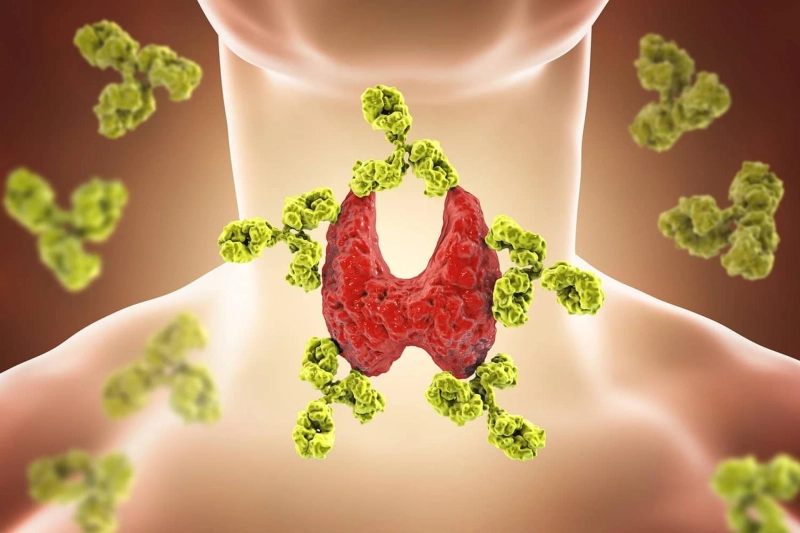The treatment of autoimmune illness might be difficult. When the body's protective barrier, or immune system, targets its own important organs, cells, and tissues, this unusual event happens. Understanding why autoimmune illnesses occur in the first place is the first step in treating them.
The immune system is the body's principal line of defense against infectious pathogens. The immune system must be able to distinguish between biological components that are part of its own body and those that are not, such as foreign germs, in order to effectively protect the body.
During this procedure, the immune system might make two common mistakes. The first of these two possible failures is the most common: the immune system fails to respond quickly enough, and an infection develops. The immune system makes a second mistake when it misidentifies its own cells or components as alien, resulting in autoimmune illness.
ASSISTING PEOPLE WITH AUTOIMMUNE DISEASES
Many autoimmune illnesses have been successfully treated thanks to advances in medical research. Anti-inflammatory medications, as well as powerful immunosuppressive and immunomodulatory medicines, are used systemically. Steroids and inhibitor proteins are among the latter. Inflammatory cytokines, or molecules generated by helper T cells to assist activate other immune cells, are blocked by these drugs. While these therapies have had a major influence on immunological responses, they have not been able to elicit clinically meaningful remissions in certain individuals.
Allograft stem cell therapies have shown promise in the treatment of autoimmune diseases, especially when cells or tissue are injured. One example is organ-specific damage caused by autoimmune illnesses such as type 1 diabetes, which results in the loss of beta islet cells. Another is multiple sclerosis, which is caused by the breakdown of the myelin sheath that protects nerves. Allograft stem cell therapy, in addition to traditional treatment for these disorders, may show promise in healing the damage caused by the immune system to itself, as well as improving the success rate of other therapies.
TRIALS IN CLINICAL SETTINGS
Allograft stem cell therapy is even being used in the treatment of poorly responding, life-threatening lupus in early clinical studies. This study demonstrates the enormous potential of allograft stem cell therapy in the treatment of severe medical disorders.
The lack of a single identifiable target for the application of therapy in non-organ-specific autoimmune disorders like lupus is a major roadblock. As a result, these studies offer promise for allograft stem cell treatment. They may also be effective when the problem isn't localized to a certain region.
WE ARE HERE TO ASSIST YOU.
Stem Cells are a type of cell that may be used to LA provide patients with useful information regarding stem cell therapies for arthritis, neuropathy, orthopedic illness, anti-aging, and other conditions. Additionally, stem cell therapies' regenerative characteristics may aid in reducing the time it takes for other surgeries to recover.
We are delighted to give informational services at Stem Cells LA. It's critical to consider the patient's perspective. We place the highest priority on your safety, privacy, and well-being. Remember, we're always here to help!
Above all, only a skilled physician can advise you on whether stem cell treatment is appropriate for you. We may be able to connect you with a reputable regenerative medicine expert. Call us right now to schedule a consultation.


